Description
Organic Barley: A Superfood for Wellness
Barley is one of the oldest and most widely consumed grains in the world. It has been cultivated for thousands of years and used as a staple food, animal feed, and brewing ingredient. But did you know that barley also has many health benefits? Especially when it is grown organically, without the use of synthetic pesticides, fertilizers, or genetically modified organisms (GMOs).
Organic barley is rich in vitamins, minerals, antioxidants, and fiber. It can help improve digestion, lower cholesterol, regulate blood sugar, prevent chronic diseases, and promote weight loss. Here are some of the reasons why you should include organic barley in your diet.
High in Fiber
One of the main benefits of organic barley is its high fiber content. Barley contains both soluble and insoluble fiber, which have different effects on your health.
Soluble fiber forms a gel-like substance in your gut, which slows down the digestion and absorption of nutrients. This can help you feel fuller for longer, reduce your appetite, and prevent overeating. Soluble fiber also binds to cholesterol and bile acids in your intestines and helps remove them from your body. This can lower your blood cholesterol levels and reduce your risk of heart disease
Insoluble fiber adds bulk to your stool and helps it pass through your digestive system more easily. This can prevent constipation, hemorrhoids, and diverticular disease1. Insoluble fiber also feeds the beneficial bacteria in your gut, which produce short-chain fatty acids (SCFAs). These SCFAs have anti-inflammatory effects and can protect your colon from cancer
Rich in Antioxidants
Organic barley is also rich in antioxidants, which are substances that protect your cells from free radical damage. Free radicals are unstable molecules that can cause oxidative stress and inflammation in your body. They are produced by various factors, such as pollution, smoking, alcohol, stress, and aging. Oxidative stress and inflammation are linked to many chronic diseases, such as cancer, diabetes, Alzheimer’s disease, and arthritis
Barley contains several types of antioxidants, such as vitamin C, vitamin E, beta-carotene, selenium, manganese, and flavonoids. These antioxidants can scavenge free radicals and prevent them from harming your cells. They can also boost your immune system and help you fight off infections.
One of the most notable antioxidants in barley is lignans. Lignans are phytoestrogens, which are plant compounds that have similar effects to estrogen in your body. Lignans can modulate your hormone levels and reduce the risk of hormone-related cancers, such as breast cancer and prostate cancer. Lignans can also lower blood pressure and improve blood vessel function.
Lowers Blood Sugar
Organic barley can also help you control your blood sugar levels. Barley has a low glycemic index (GI), which means it does not cause a rapid spike in your blood glucose after you eat it. Instead, it releases glucose slowly and steadily into your bloodstream. This can help you maintain a stable energy level throughout the day and prevent sugar cravings.
Barley also contains a type of starch called resistant starch, which resists digestion in your small intestine and reaches your large intestine intact. There, it acts as a prebiotic and feeds the beneficial bacteria in your gut. These bacteria produce SCFAs that can improve your insulin sensitivity and lower your blood sugar levels.
Additionally, barley contains a special type of soluble fiber called beta-glucan. Beta-glucan can form a viscous layer in your stomach and small intestine that delays the emptying of food into your bloodstream. This can reduce the absorption of glucose and lower the post-meal rise in blood sugar. Beta-glucan can also stimulate the release of insulin from your pancreas and help regulate your blood sugar levels.
How to Enjoy Organic Barley
Organic barley is a versatile grain that can be used in various dishes. You can cook it as a porridge for breakfast or use it as a substitute for rice or pasta in salads, soups, stews, casseroles, or pilafs. You can also bake with barley flour or use barley flakes as a cereal or granola.
When buying organic barley, look for products that have the USDA organic seal on the label. This means that the barley was grown without synthetic pesticides or fertilizers and was not genetically modified.
To prepare organic barley, rinse it well under running water to remove any dirt or debris. Then soak it overnight or for at least 6 hours to reduce the cooking time and improve its digestibility. You can also sprout organic barley by soaking it for 2-3 days until small roots appear. Sprouting can increase the nutrient content and antioxidant activity of barley.
To cook organic barley, use a ratio of 3 cups of water to 1 cup of barley. Bring the water to a boil, then add the barley and reduce the heat to low. Simmer for 40-50 minutes or until the barley is tender and chewy. Drain any excess water and fluff with a fork.
Organic barley is a superfood that can boost your health and wellness. It is high in fiber, antioxidants, and other beneficial nutrients that can improve your digestion, lower your cholesterol, regulate your blood sugar, prevent chronic diseases, and promote weight loss. Try adding organic barley to your diet and enjoy its delicious and nutritious benefits.
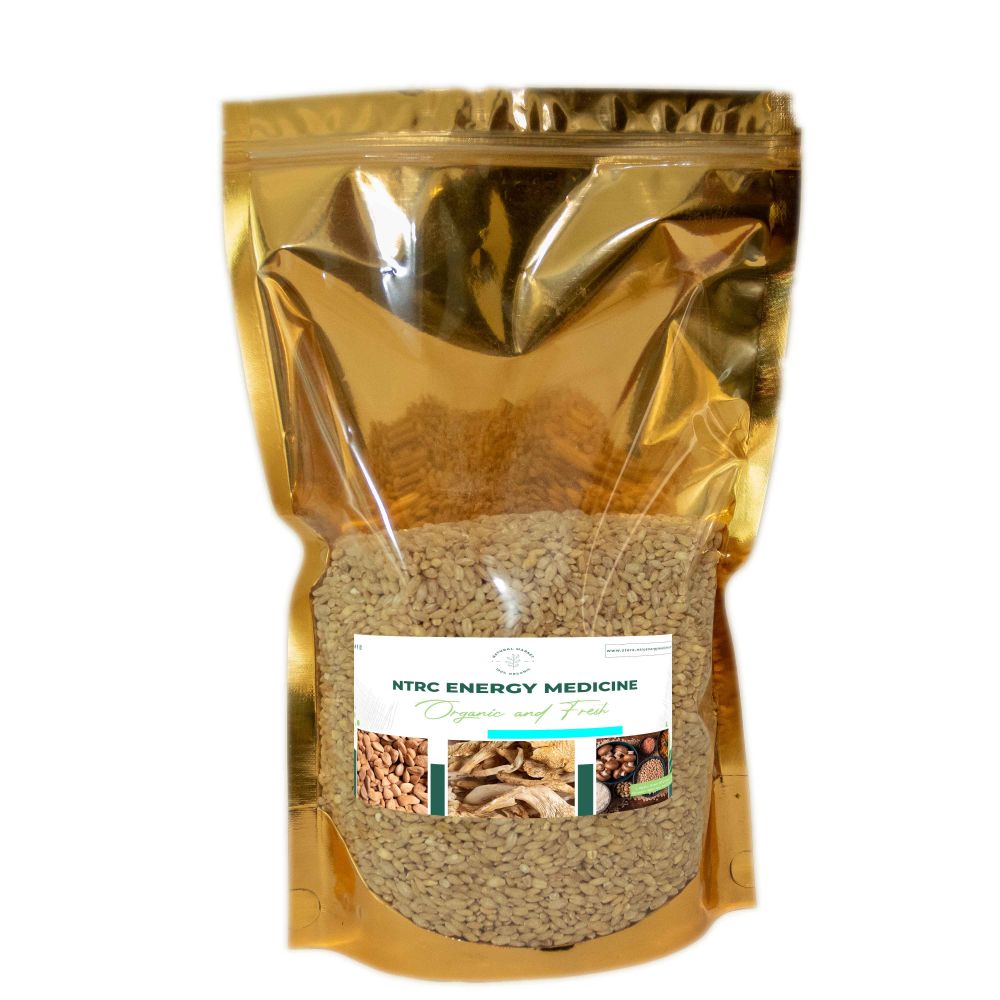
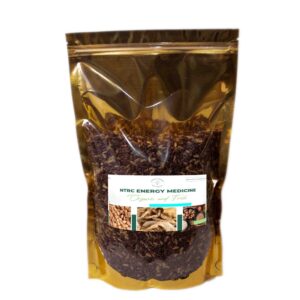
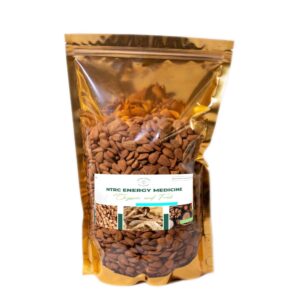
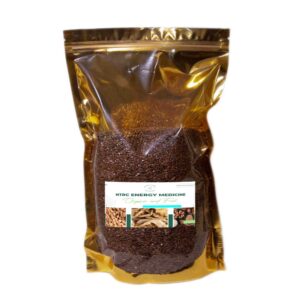
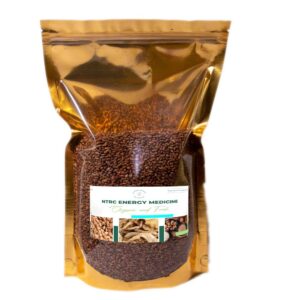
Reviews
There are no reviews yet.